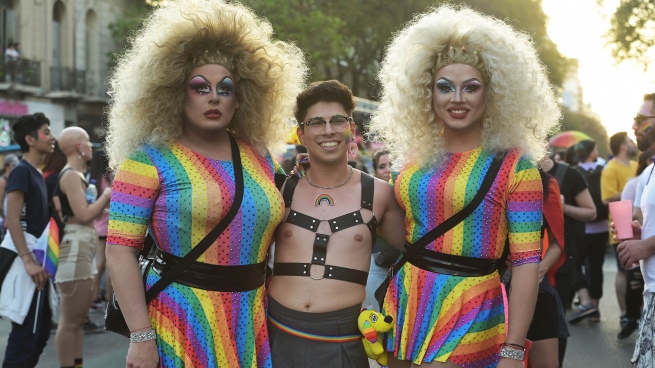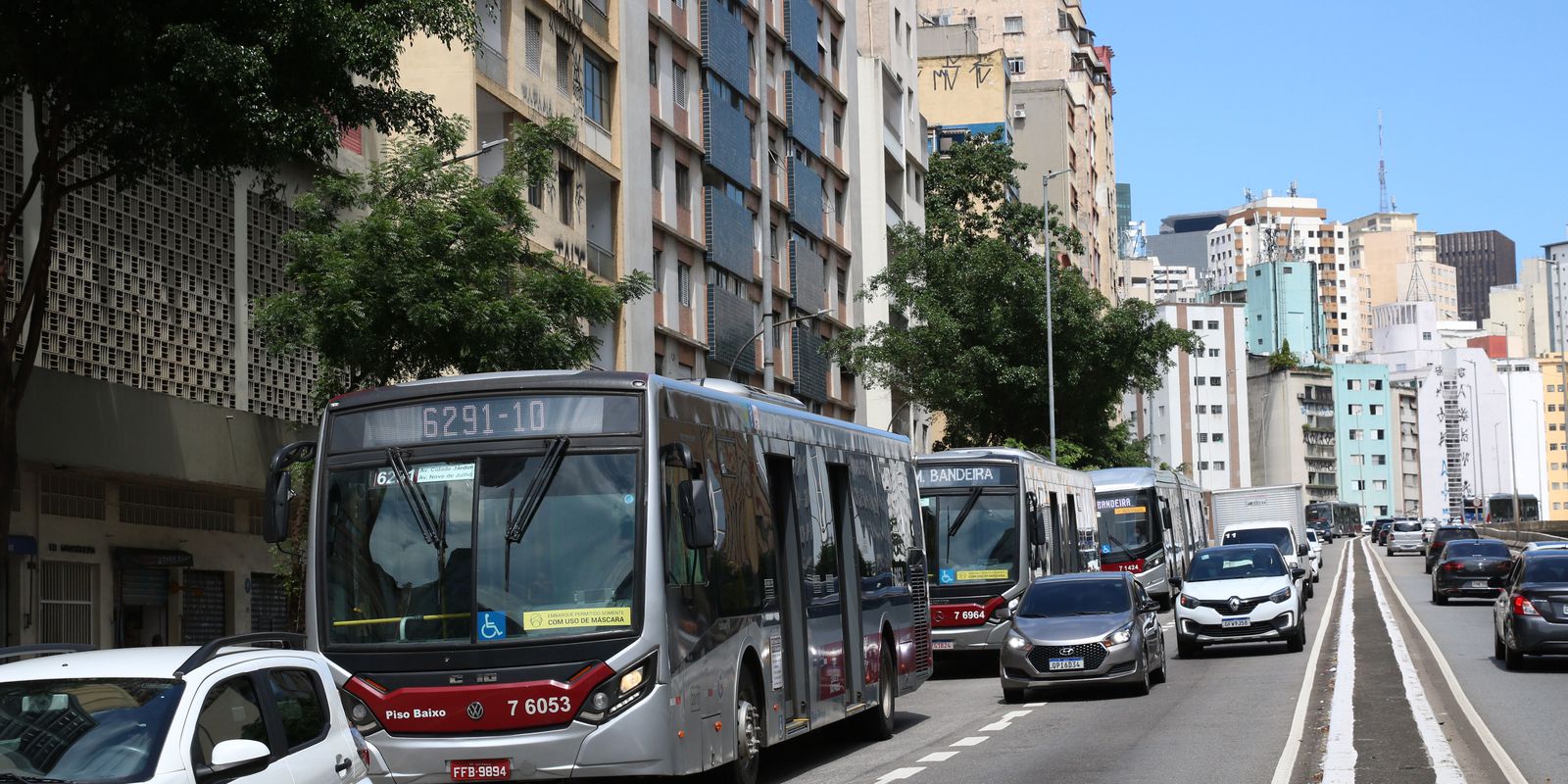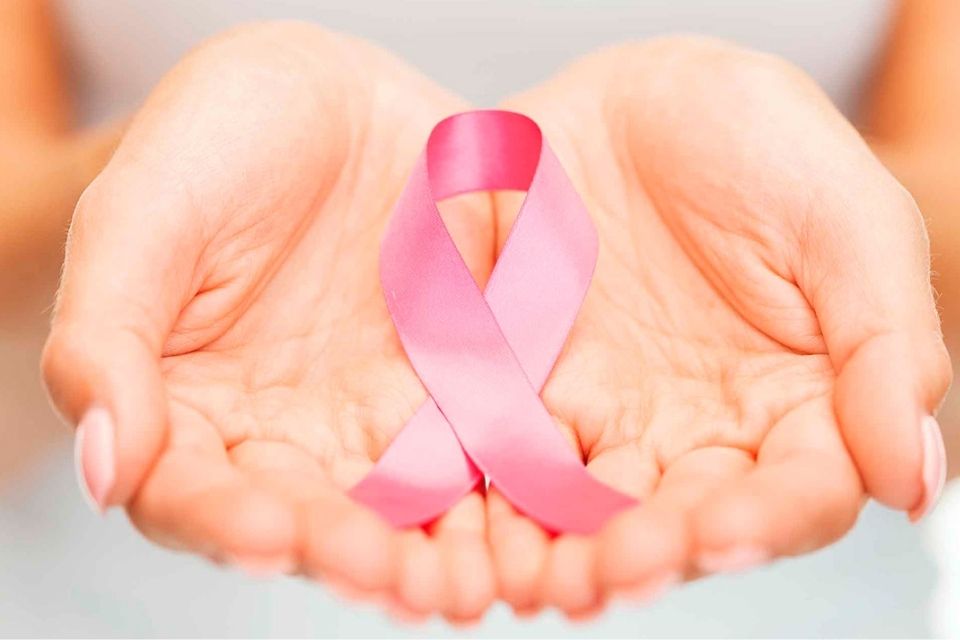Thousands of people from the LGBTIQ+ community marched this Saturday through the central streets of the city of Rosario to the Paraná River with the iconic colors of the rainbow and its characteristic holiday spirit to make visible their fight against exclusion and discrimination in the sixteenth Pride March.
The protesters of more than 40 organizations and spaces of the diversity of that city and the region began to meet around 13 in the freedom squarelocated in Miter and Pasco, a historical place of vindication of the collective.
The event started with a Diverse Fair composed of more than 100 LGTBIQ+ entrepreneurswho placed different positions among which those of make-up, genderless clothing sales, vegan meals and sex shops.
Stalls were also placed hydration and gazebos with information of the convening organizations.
(Photos Sebastian Granata)
At 3:00 p.m., in the center of the square, the Emerging Pride Culture Festival with driving Lucas Miro, performers and local artists to add color to the stage prior to the traditional March. Then the column began to cross the first streets from Miter and Pasco.
twelve colorful floats decorated with neon lights and carrying loudspeakers, they joined to musicalize the tour that had its first post in Pellegrini street, where the slower progress made it possible to visualize the group in its maximum festive expression with dances and performances.
The crowd then crossed the center of that city until reaching the Parque Nacional a la Bandera, where a stage placed on the banks of the Paraná River received the activists with more music and art.
document reading
There, a unified document was read among all the organizers in which the main claim was for a “Law of Historical Reparation for Post-Dictatorship Trans Transvestite Survivors”.
“This year, the phrase that sums up the moment we are going through is ‘we are fed up’ with the lack of application of specific public policies,” the representative of the organizing commission, Manuel López, told Télam.
In this march, he remarked, “we demand that the officials give answers to our demands that are already known because we managed to legitimize them in an agenda of the public and private sphere, but they need to be applied at the state level and that private companies hire the diversities and that there are no discriminatory practices.
“When we say that transvestites and transgender women die at the age of 40, which is the average lifespan, when there is still discrimination in the health system, in education and at work, it is that there is a debt of democracy for a collective very large part of our population”, he concluded.








